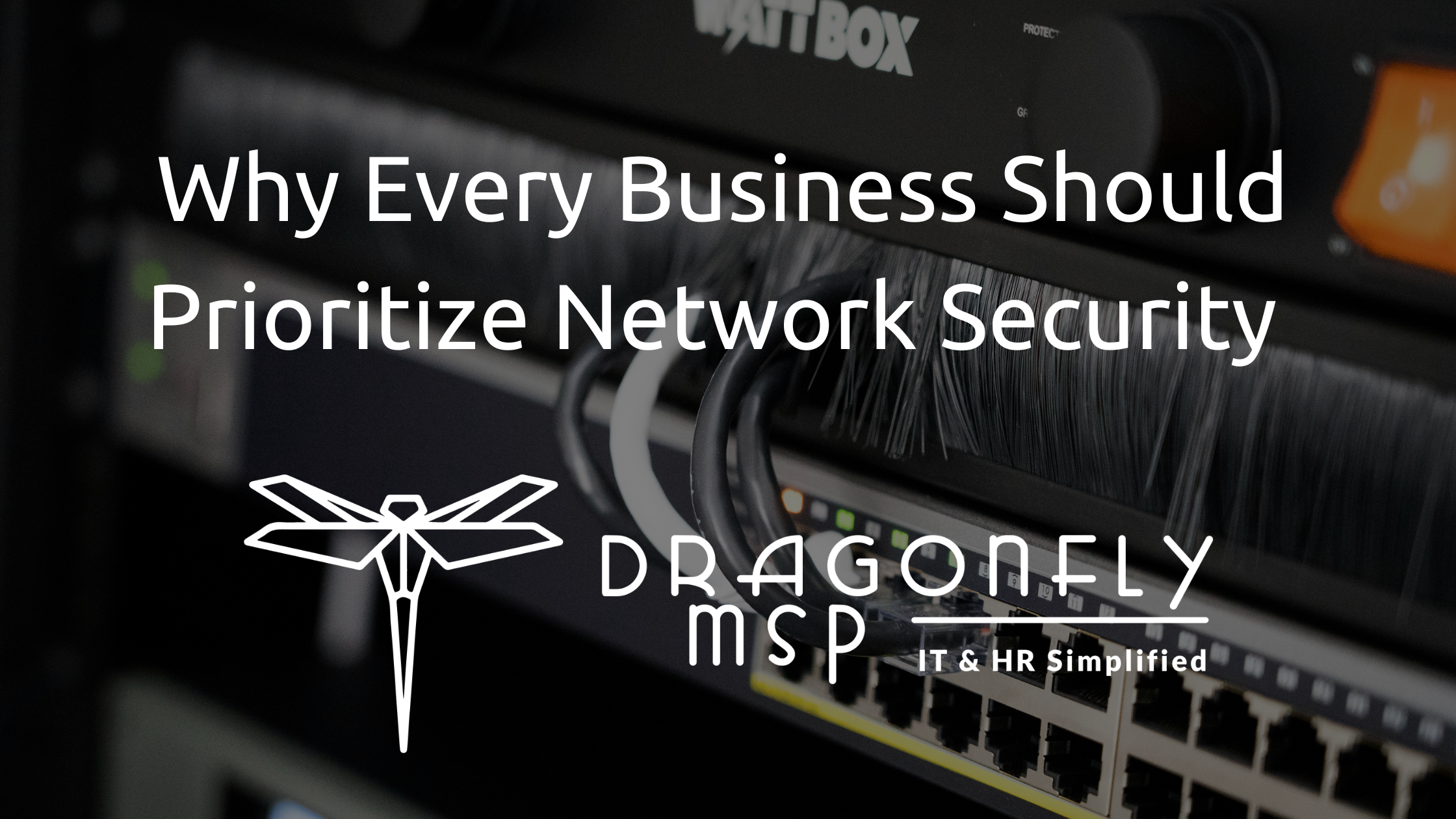In today’s digital age, businesses face a myriad of challenges, but none loom larger than the invisible threat of cybercrime. With hackers and cybercriminals becoming more sophisticated, the question isn’t if your business will be targeted, but when. So, why should every business prioritize network security? To put it simply, safeguarding your network is akin to installing a lock on your front door essential, non-negotiable, and a cornerstone of trust and reliability.
The Stakes are Higher Than Ever
Picture this: a bustling office, thriving in its industry, suddenly brought to a screeching halt by a single cyber attack. It’s not just the big corporations that are targeted; small and medium enterprises are equally at risk. From data breaches to ransomware attacks, the consequences of network vulnerabilities can be catastrophic.
-
Financial Losses: Cyber attacks can drain your resources. The average cost of a data breach can run into millions, factoring in not just the immediate damage but the long-term impact on your reputation.
-
Reputation Damage: Trust is hard-earned and easily lost. A single breach can tarnish your brand image, leading to lost customers and diminished market confidence.
-
Legal Repercussions: With increasing regulations like GDPR and HIPAA, failing to protect customer data can result in hefty fines and legal battles.
Why Every Business Should Prioritize Network Security
1. Protecting Sensitive Data
In today’s interconnected world, businesses store vast amounts of sensitive data. From client information to proprietary business insights, losing control of this data can have dire consequences. Network security measures like encryption, firewalls, and intrusion detection systems act as the first line of defense against unauthorized access.
2. Building Customer Trust
Customers are increasingly aware of the importance of cybersecurity. They want to know that their personal information is safe with you. By prioritizing network security, you’re not just protecting data; you’re building trust and loyalty.
3. Ensuring Business Continuity
Imagine the chaos if your business operations were interrupted for even a day. Network security ensures that your systems run smoothly, minimizing downtime and guaranteeing uninterrupted service to your clients.
4. Staying Ahead of Compliance Requirements
With regulations tightening globally, compliance isn’t just a good practice it’s a legal necessity. Robust network security helps ensure that your business meets these standards, avoiding potential fines and sanctions.
5. Preventing Financial Losses
The financial impact of a cyber attack can be devastating. Investing in network security might seem like an expense, but it’s a crucial investment in preventing far greater losses down the line.
Strategies for Enhancing Network Security
1. Regular Security Audits
Conducting regular security audits helps identify vulnerabilities before they can be exploited. It’s about staying one step ahead of potential threats.
2. Employee Training
Your employees are your first line of defense. Equip them with the knowledge to recognize phishing attempts and other cyber threats.
3. Multi-Factor Authentication (MFA)
Adding an extra layer of security through MFA makes it significantly harder for attackers to gain access to your systems.
4. Regular Software Updates
Keeping your software up-to-date ensures that you’re protected against the latest vulnerabilities. Don’t give hackers an easy way in.
5. Implementing a Strong Firewall
A firewall acts as a barrier between your internal network and external threats. It’s an essential component of any robust security strategy.
FAQs
Q: What are the most common types of cyber threats businesses face today?
A: Businesses today face a variety of cyber threats, including phishing attacks, ransomware, malware, and insider threats. Staying informed about these threats is crucial for proactive defense.
Q: How can small businesses afford network security measures?
A: While network security can seem costly, there are scalable solutions available for businesses of all sizes. Many providers offer tailored packages that grow with your business.
Q: What should we do if our business experiences a data breach?
A: If you experience a breach, act quickly. Isolate affected systems, assess the damage, inform relevant stakeholders, and notify customers if their data is compromised. It’s also crucial to enhance your security measures to prevent future incidents.
Q: How often should we update our network security policies?
A: Regularly review and update your security policies, ideally every six months or after any significant change in your business processes or IT infrastructure.
Q: Can outsourcing network security be beneficial?
A: Yes, outsourcing to a reputable managed service provider can offer specialized expertise and 24/7 monitoring, often at a lower cost than maintaining an in-house team.
Conclusion
In conclusion, network security isn’t just a technical necessity it’s a business imperative. By prioritizing network security, businesses not only protect their assets but also fortify their reputation, ensure compliance, and build a foundation of trust with their customers. The stakes are high, but with the right strategies in place, you can safeguard your business against the ever-evolving landscape of cyber threats. So, why every business should prioritize network security is not just a question it’s a call to action. Protect your business today for a safer tomorrow.







